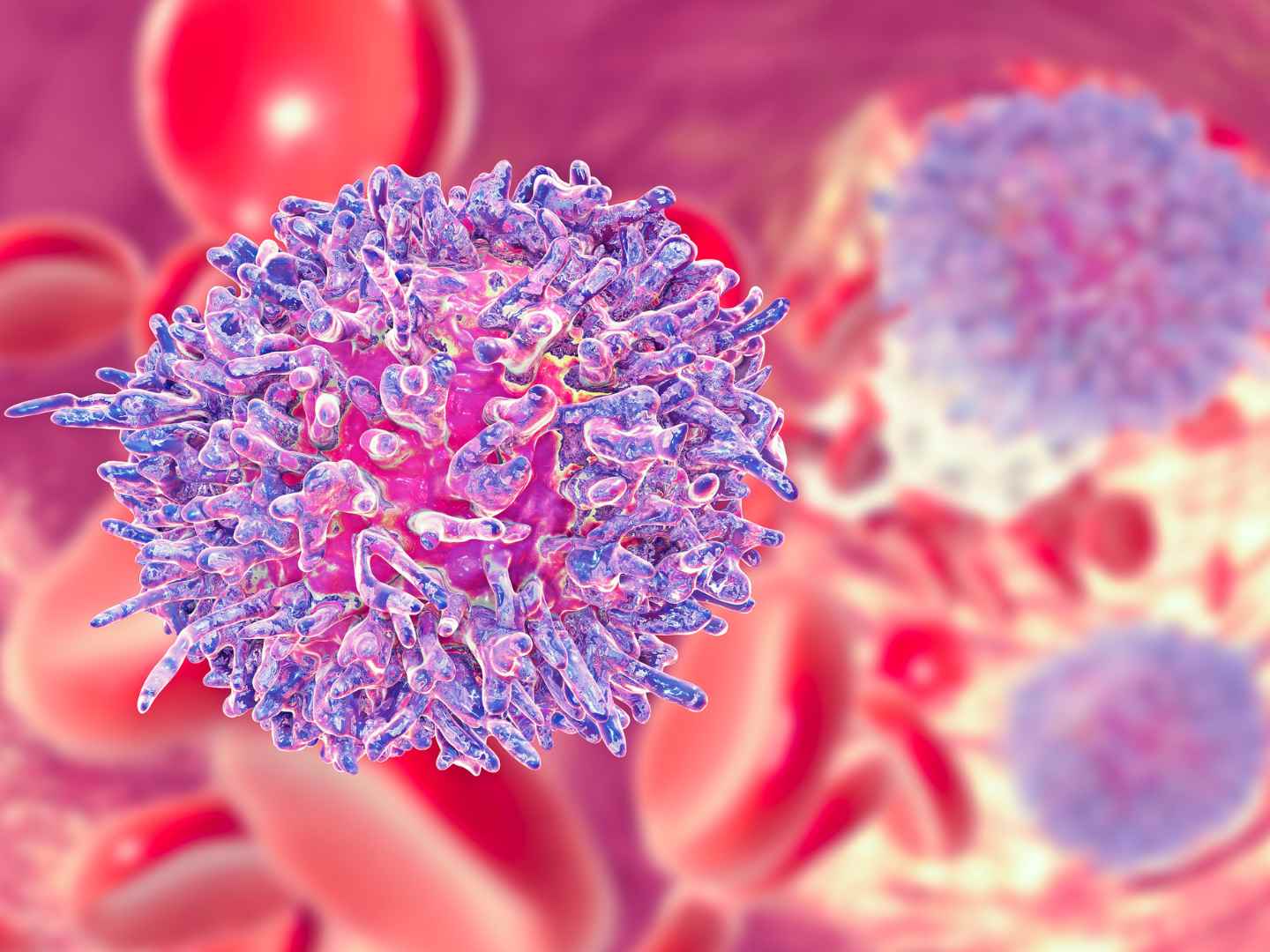New Cannabinoid Warriors Against Leukemia?

In the ever-evolving world of medical research, cannabis continues to surprise us. Beyond its well-known compounds like THC and CBD, lesser-known cannabinoids are stepping into the spotlight. A recent study published in Molecules delves into the anticancer potential of cannabinol (CBN) and cannabigerol (CBG), particularly against acute myeloid leukemia (AML) cells.
Meet the Understudies: CBN and CBG
While THC and CBD often steal the show, CBN and CBG are emerging as noteworthy actors in the cannabis ensemble. CBN is typically a byproduct of THC degradation, and CBG is considered the "mother" cannabinoid, as it's a precursor to many other cannabinoids. Both have been studied for various therapeutic effects, but their anticancer properties are now gaining attention.
The Study at a Glance
Researchers targeted the THP-1 cell line, a model for acute monocytic leukemia, to assess how CBN and CBG affect cancer cell behavior. They conducted a series of experiments to observe changes in cell viability, morphology, and the cell cycle. Additionally, they measured the expression of p53, a protein known for its role in suppressing tumors.
Key Findings
What Does This Mean?
These findings hint at the potential of CBN and CBG as therapeutic agents against leukemia. By inhibiting cell growth, inducing apoptosis, and activating tumor-suppressing pathways, these cannabinoids could offer new avenues for treatment. However, it's essential to note that this research is still in its early stages. The study was conducted in vitro (in a controlled lab environment), and further research, including clinical trials, is necessary to determine the safety and efficacy of CBN and CBG in humans.
The Bigger Picture
This study adds to the growing body of evidence supporting the medicinal potential of various cannabis compounds. As researchers continue to explore the diverse cannabinoids present in the plant, we may discover more applications that could revolutionize medical treatments. It's an exciting time in the field of cannabinoid research, and studies like this pave the way for future breakthroughs.
While THC and CBD have long been the poster children of cannabis research, compounds like CBN and CBG are proving that the plant has much more to offer. The anticancer activities observed in this study are promising, but as with all scientific research, patience and rigorous testing are key. As we await further studies, the potential of these cannabinoids offers hope for new, effective cancer therapies in the future.
Please note: You are not currently logged in. Only members can contribute comments. If you would like to contribute click the button below.

JUL
Monday
21
A Physician EventBryan Doner, DO |
Compassionate Caregivers and Compassionate Certification Centers
PA Medical Marijuana Educational Forum – Cranberry Public Library
Diana Briggs, Founder of PA Compassionate Caregivers and Dr. Bryan Doner, CEO of Compassionate Certification Centers, will give an overview of our PA Medical Marijuana Program. In addition, we will complete the evening with a panel of experts from the MMJ Industry to answer all of your questions.
|
